
Construction activities, according to the draft, are redefined to cover a broader scope, from planning, project establishment, survey, design, construction to management of exploitation and use of works. Construction investors are agencies, organizations, and individuals responsible for organizing, managing, and using capital to carry out construction investment activities.
A notable new point in the draft is that the classification of construction investment projects is systematized according to investment form (public investment, PPP, business investment) and according to scale and level of importance.
For projects that only require an economic -technical report, the draft clearly stipulates that it “applies to religious works, small-scale works and simple techniques”, helping to shorten procedures for these projects.
Individual houses of households and individuals are exempted from preparing feasibility study reports or economic-technical reports, except for multi-storey and multi-apartment houses.
For business investment projects, the construction professional agency only appraises the construction design, while the investment decision maker is fully responsible for project appraisal.
In particular, the draft adds many cases exempted from construction permits. Including: works belonging to construction investment projects whose feasibility study reports or construction designs have been appraised by specialized construction agencies; individual houses belonging to urban area projects, housing projects with approved detailed planning 1/500; level 4 construction works, individual houses under 7 floors in rural, mountainous and island areas.
The draft devotes a separate section to regulate investment in construction of special works including state secret works, urgent and urgent works and temporary works; allowing the application of shortened procedures and processes.
Another noteworthy content in the draft is the regulation on construction contracts. The draft clearly states the principles of signing and performing contracts, the validity and legality of contracts; and provides more specific regulations on cases where contracts can be amended, especially when there is a force majeure event or a fundamental change in circumstances, in order to remove difficulties for both investors and contractors.
Source: https://www.sggp.org.vn/se-bo-sung-nhieu-truong-hop-duoc-mien-giay-phep-xay-dung-post811365.html




![[Photo] Special art program "Da Nang - Connecting the future"](https://vphoto.vietnam.vn/thumb/1200x675/vietnam/resource/IMAGE/2025/9/2/efdd7e7142fd45fabc2b751d238f2f08)

![[Photo] Ho Chi Minh City residents show their affection to celebrate the 80th anniversary of the August Revolution and National Day September 2](https://vphoto.vietnam.vn/thumb/1200x675/vietnam/resource/IMAGE/2025/9/3/55d860cbb63a40808e1e74ad9289b132)
![[Photo] National Assembly Chairman Tran Thanh Man meets with First Secretary and President of Cuba Miguel Diaz-Canel Bermudez](https://vphoto.vietnam.vn/thumb/1200x675/vietnam/resource/IMAGE/2025/9/2/c6a0120a426e415b897096f1112fac5a)
![[Photo] Lao President Thongloun Sisoulith and President of the Cambodian People's Party and President of the Cambodian Senate Hun Sen visit the 95th Anniversary Exhibition of the Party Flag Lighting the Way](https://vphoto.vietnam.vn/thumb/1200x675/vietnam/resource/IMAGE/2025/9/2/3c1a640aa3c3495db1654d937d1471c8)






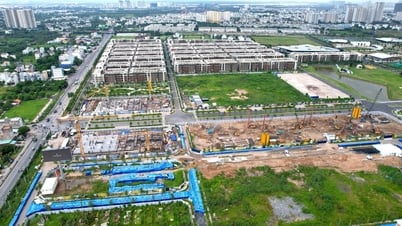







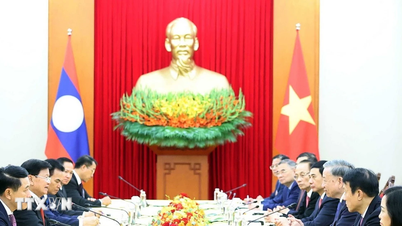



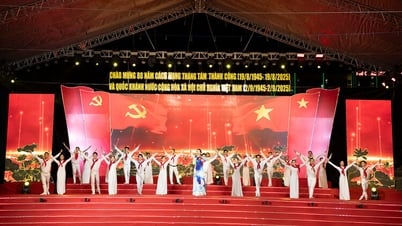










































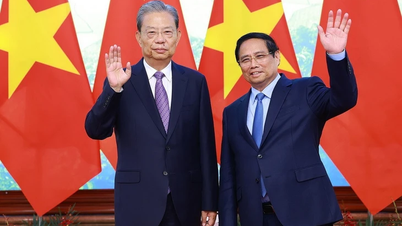











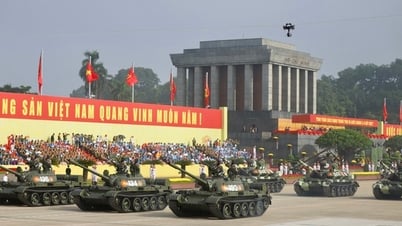
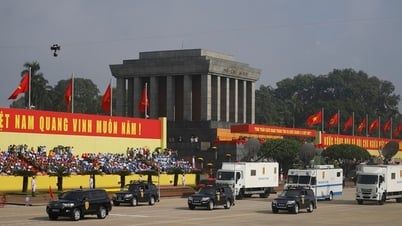

















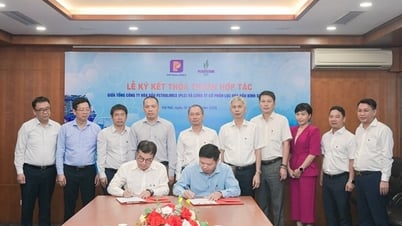




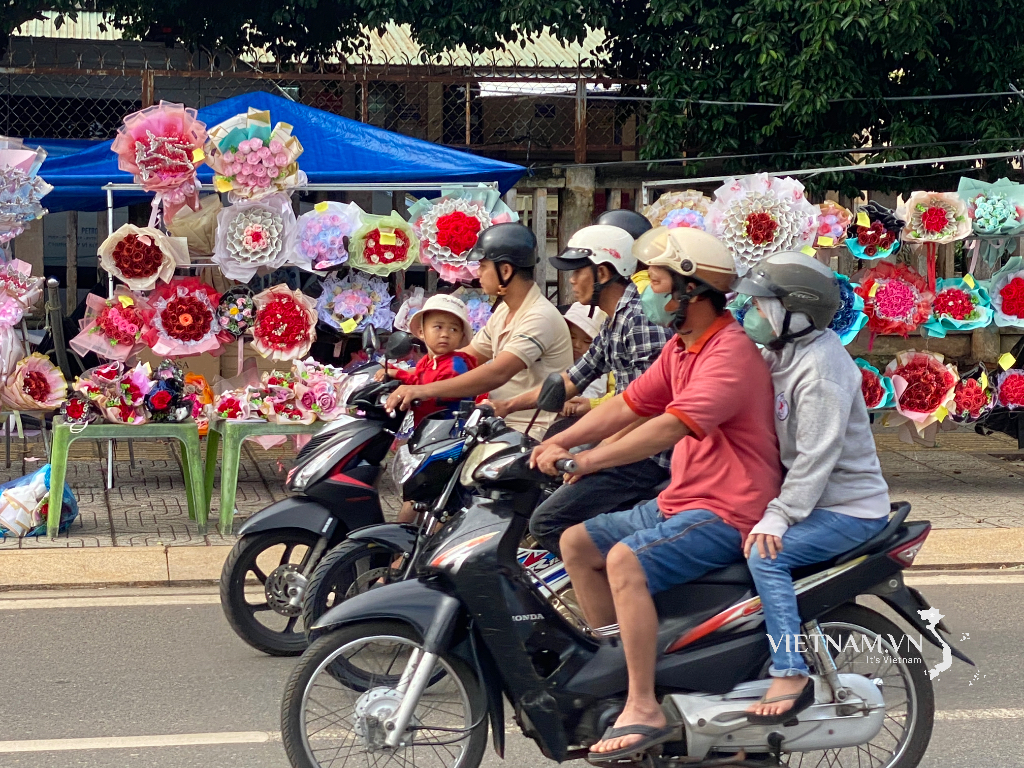


Comment (0)